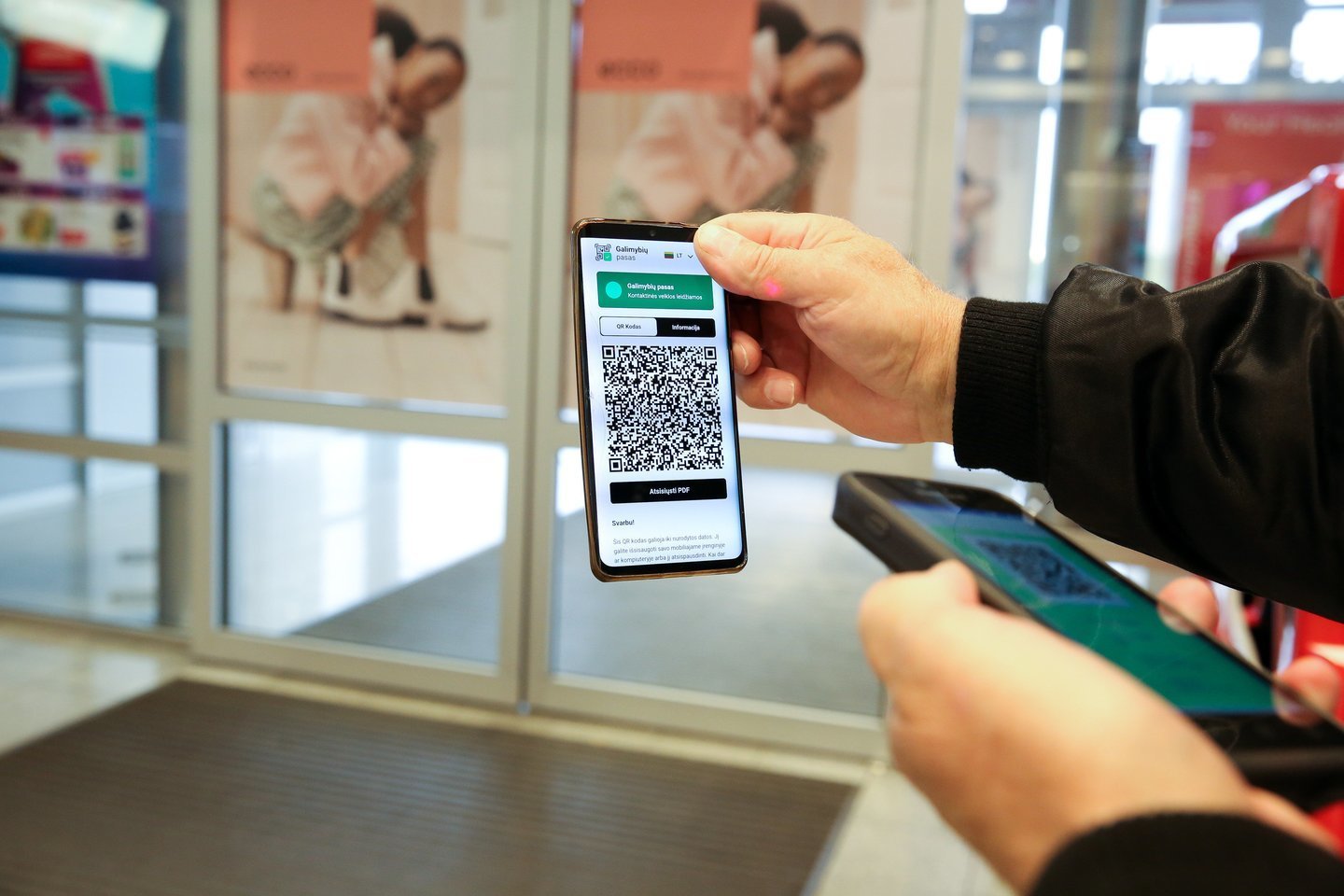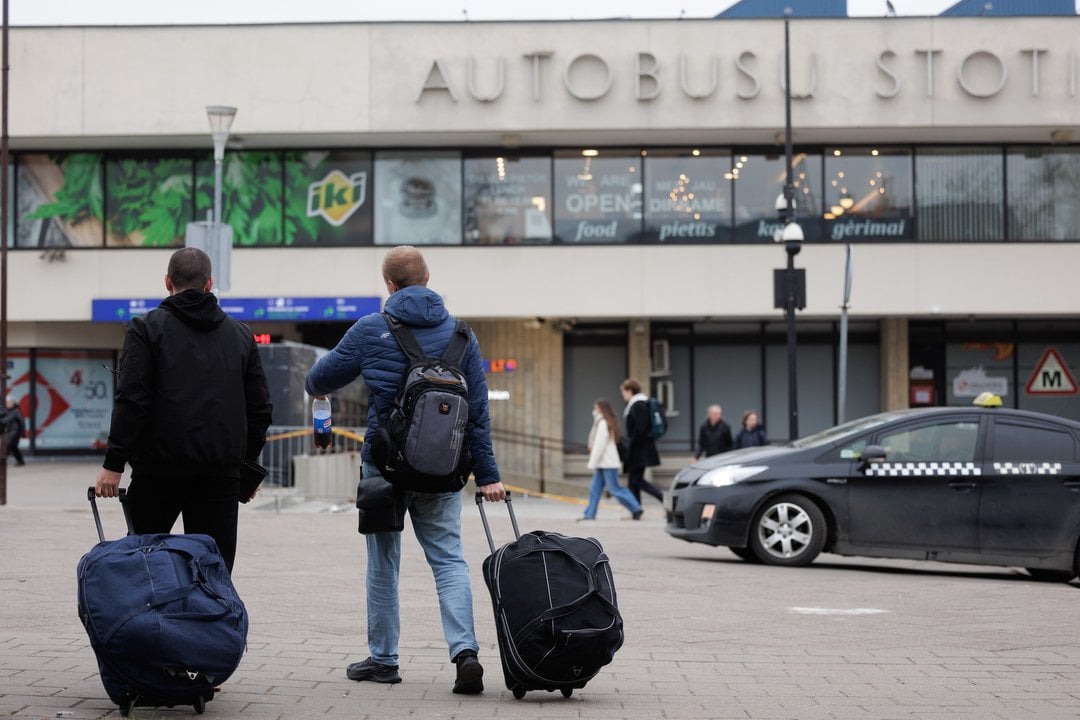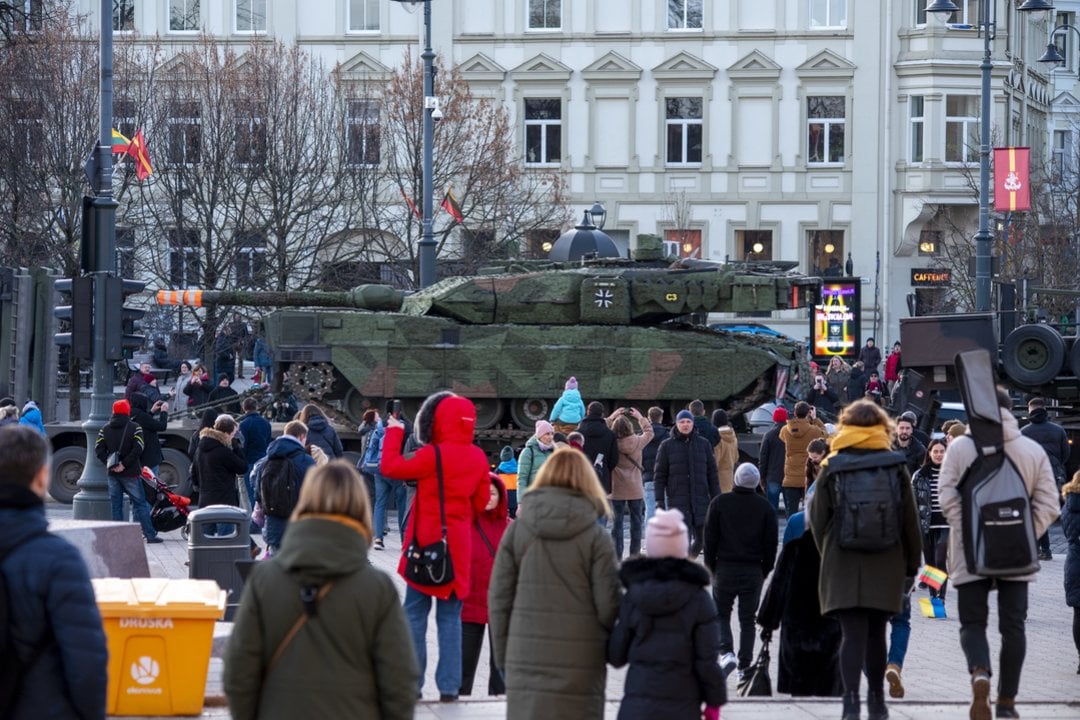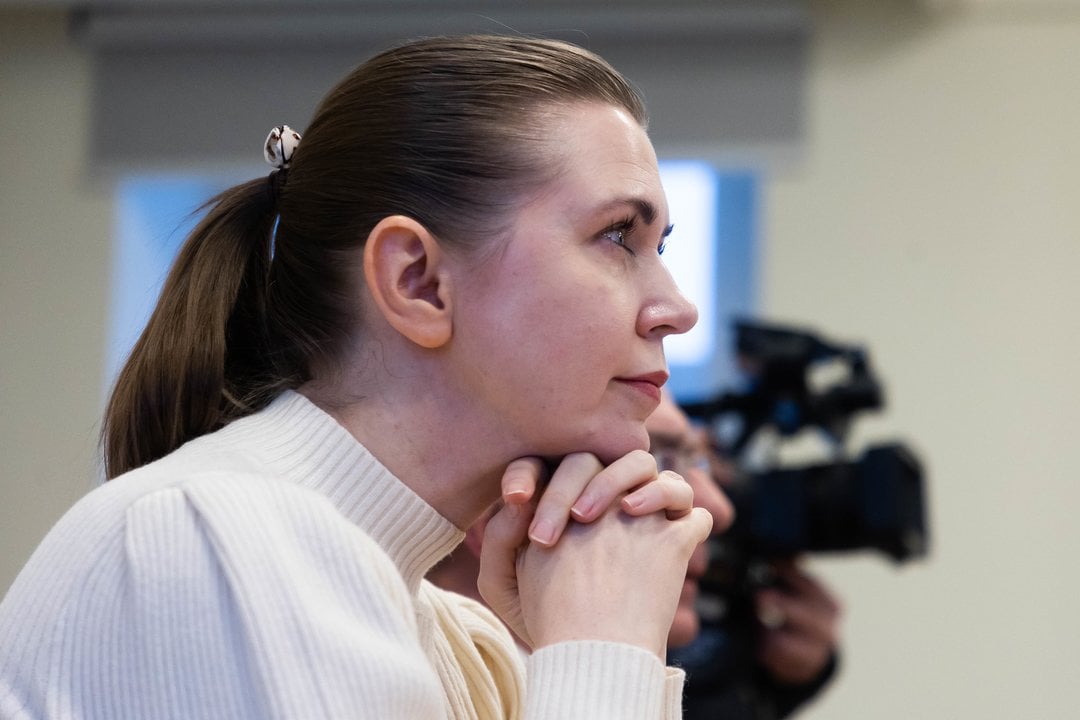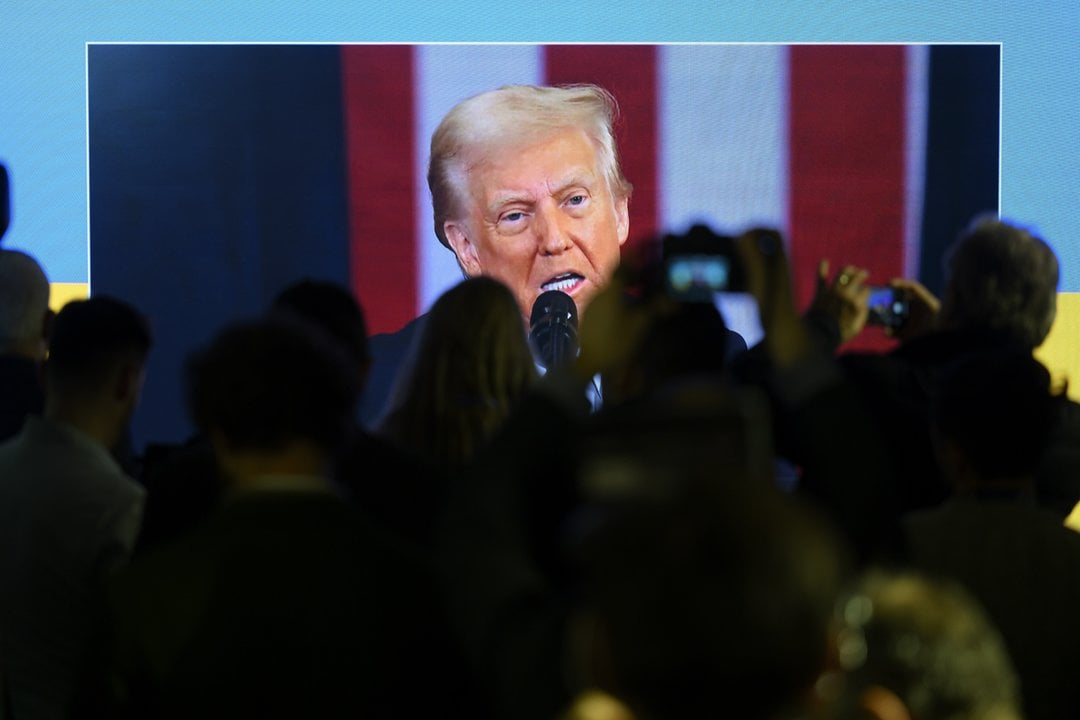These issues were discussed in the „Žinių Radijas“ programme „Guide to Europe“ by MEP Juozas Olekas, Aistė Hoffbeck, a Lithuanian living in Denmark, and Imantas Šimkus, a Lithuanian conductor living in Austria.
Still considering returning to their jobs
Ms Hoffbeck, a Lithuanian living in Denmark, recalled that almost all restrictions related to COVID-19 had been lifted in Denmark since 1 February. Still, the debate on pandemic management is not over yet.
„As far as government restrictions are concerned, they are no longer there, but I think that psychologically, people will not return to the „ pre-Corona“ times for a long time. Even though all official restrictions have been removed, there are discussions about how we will all go back to life now sensibly and calmly, but nobody pretends that the corona does not exist. Again yesterday, there was a record number of cases“, she shared her experience.
The most significant change, according to Ms Hoffbeck, is the new strain of omicron because people are getting sick much more easily.
„So it was decided that corona still exists as a disease, but it is no longer a critical disease. A couple of years ago, nobody knew what the disease was, the side effects, and the complexity of the disease – now there is much more information. We just see that people are getting sick, catching it, and we are catching a lot of new cases asymptomatic because testing in Denmark is pervasive and free.
But this is a catching cold, which is no longer paralysing the health system as it was feared before“, said the Danish Lithuanian.
She noted that until last Monday evening, the country required people to wear masks in public places, have a valid COVID-19 passport, and limit the number of people who could be in shops and cultural venues at the same time.
„There are few masks now, although it is still a strange feeling to see people without masks when you go into a shop. But, somehow, very quickly, people are moving away from such restrictive, practical things,“ Hoffbeck noted.
According to the Denmark-based compatriot, there is still a debate here about workers' return to the office.
„Many workplaces have started discussions about how we will all return in an orderly manner so that everyone doesn't suddenly get sick. However, even though it is no longer a life-threatening disease, it is still a disease, and if people start getting sick, the company's work will be disrupted.
There is a Danish, cautious return; nobody is organising a big celebration of the end of the corona until we know what the situation will be,“ said the Lithuanian.
A PCR test will also be required
For his part, I.Šimkus, a Lithuanian conductor living in Austria, said that the restrictions in this country are a bit stricter than in Lithuania – in addition to a passport and three doses of vaccine, they also require a PCR test.
„When you go to the theatre, for example. I didn't know that it was strange – I went to the opera, and I had forgotten to take the test, and without the test, I was not allowed in. So I had to take the test that day,“ Šimkus shared his experience.
Although the restrictions in Lithuania and Austria are pretty similar, the interviewee felt a bit freer when he returned to Lithuania.
„Testing is really time-consuming, but at the same time, it helps to manage the whole situation. In Austria, it's time-consuming. You don't have to do it in Lithuania, so you feel a bit freer. One restriction in Austria is different from the Lithuanian restriction – restaurants and cafes are open only until 10 pm. In contrast, it is freer in Lithuania; catering establishments work freely,“ the Lithuanian compared.
According to him, the Austrian people react to the pandemic and its procedures in two ways.
„The society is quite divided, there are also protests, but it is nothing special and nothing new in the world regarding the pandemic. Maybe it should be mentioned that with the first quarantine, the second quarantine, at least we, the cultural representatives, are happy to be able to carry out activities at all, even if it is testing. Testing has helped to make it possible for choirs, orchestras and opera to function,“ explained Šimkus.
More comprehensive measures are needed
MEP Juozas Olekas said that the restrictions in Brussels are also still in place – the COVID-19 certificate is still required to enter the European Parliament.
According to Mr Olekas, it is now important to have a „complete package“ when managing a pandemic.
„There is some resistance from the people in Brussels, they would like to live more freely, but I think it is very important to have a whole package and to communicate very well. It would be important to have medics and epidemiologists on the front lines who can explain why this or that measure is needed.
Because sometimes it seems that this fight against the pandemic has turned into more of a political fight, with the government giving something, the opposition criticising it, and people not entirely understanding what is going on“, the MEP said.
„The strains of coronavirus are changing, we used to have these more dangerous, more lethal forms, and now we have the omicron form, which is more infectious, but a bit milder. This should be based more on epidemiologists and listening to their advice,“ he added.
Asked what should be done and how to deal with those people who strictly refuse to listen to the government's instructions, Olekas said family doctors should also be given more power.
„There will always be some people in society who will have unexplained opinions on any issue, be it a medicine or other things. But I think it is very important in this case to give a big opportunity to delegate decisions not to the high levels of the health ministry or the government, but to family doctors – to those people who are closest to the patients,“ the MEP said.
According to J.Olekas, Lithuania has another problem – the lack of clarity and consistency.
„We don't see complexity – a few days ago, the Minister of Health said that the Opportunity Passport would be valid for at least a few more weeks, and now we hear from the Prime Minister that it will not be valid from Saturday. There is a problem here, and then there are protests, even on sacred days. We should be more specific and clearer about the decisions, not only on this day but also give some explanation going forward, based on the opinion of medical experts,“ he said.
Although decisions on compulsory vaccinations are left to the EU Member States, Mr Olekas suggested that, for example, medical professionals could be made mandatory.
„Otherwise, it is very difficult to explain to the people to whom we are proposing vaccination. These are medical professionals social workers who have direct contact with people at higher risk, and we should set an example and be vaccinated. And it would be the concern of the Ministry of Health to identify very clearly who cannot be vaccinated because of their health condition and who needs to apply other measures to be able to provide assistance,“ Olekas stressed.

